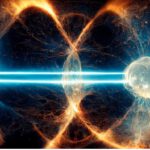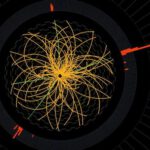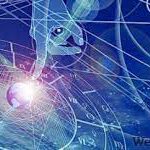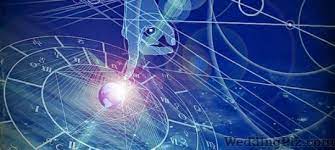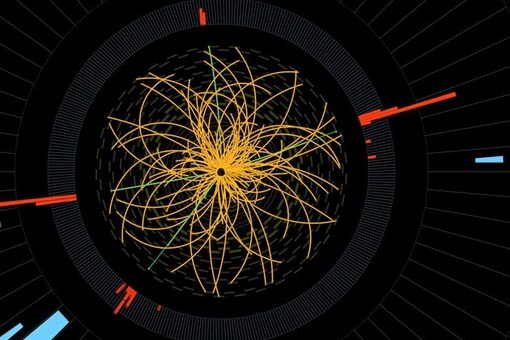
Particle theory, the God particle and consciousness are related in that they are concepts from the field of modern physics and the study of the fundamental nature of the universe.
Particle theory is a branch of physics that attempts to understand the behaviour of subatomic particles, which are the building blocks of matter. The God particle, also known as the Higgs boson, is a hypothetical subatomic particle that is thought to play a key role in giving particles mass. The discovery of the Higgs boson in 2012 was an important milestone in the field of particle physics.
Consciousness, on the other hand, is a subjective experience that is difficult to define and understand within the framework of traditional physics. Some scientists and philosophers have proposed that consciousness might arise from the behaviour of particles or the fundamental properties of the universe, such as space and time.
Although there is currently no unified theory that fully explains the nature of consciousness, some physicists have proposed that the Higgs boson could play a role in consciousness by providing the brain with a mechanism to process information. The idea is that the Higgs field, which gives particles mass, could also play a role in transmitting information in the brain so that conscious experiences can arise.
However, it is important to note that the relationship between particle theory, the God particle and consciousness is still the subject of ongoing research and debate, and that much about the nature of the universe and consciousness is not yet understood.
Research On Particle Theory, God Particle and Consciousness
The connection between particle theory, the Higgs boson and consciousness is still the subject of ongoing research and debate, and there is not yet a consensus among scientists and philosophers. However, some researchers have proposed theories and conducted experiments that shed light on the possible relationship between these concepts.
One theory proposed by physicist Max Tegmark states that consciousness arises from information processing in the brain. Tegmark proposes that the brain behaves like a quantum computer, processing information in a way that is fundamentally different from classical computers. He suspects that the Higgs boson and other particles may play a role in this process by enabling the transmission of information in the brain.
In a 2014 study, researchers at the University of British Columbia used brain imaging techniques to investigate the link between brain activity and the Higgs boson. The researchers found that regions of the brain associated with attention and consciousness, such as the prefrontal cortex, showed increased activity when participants were asked to think about the Higgs boson. This suggests that the Higgs boson may be related to consciousness, although the exact nature of this relationship is still unclear.
Another study, published in 2018 in the journal Frontiers in Psychology, examined the relationship between meditation and the Higgs boson. The researchers suggested that meditation could improve the brain’s ability to process information by increasing the coherence of the Higgs field. They conducted a series of experiments using electroencephalography (EEG) to measure the brain activity of participants who practised meditation. The results showed that participants who meditated had increased coherence of the Higgs field as well as increased activity in brain regions associated with attention and awareness.
While these studies provide some insight into the possible relationship between particle theory, the Higgs boson and consciousness, it is important to note that these ideas are still in the realm of speculation and require further investigation and validation.
Further Details you can visit
https://en.wikipedia.org/wiki/Higgs_boson

